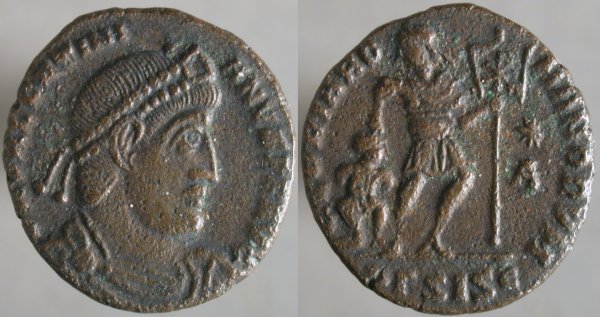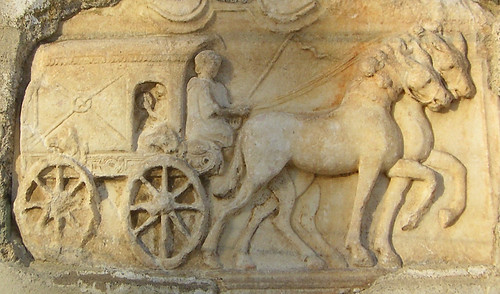IB:SAI Procopii AAR: A Return to Greatness!
There are simply one-too-many AAR's currently abounding on this sub-forum concerning the dear Emperor Flavius Julianus.
As such, I have gone instead with one of my personal favourites, the usurper Procopius. To me he is a rather fascinating individual, and all the more so because so little is actually known about him, his personality or his life overall. I also chose this to answer my own 'what if' question; what if he had become Emperor, what if he had defeated the West or East and taken control as a new Julian? What would he have had to overcome, both personally and in the wider scope of things?
This I seek to work out for myself in the form of prose (if you dislike books or AAR's without pictures, I suggest you stop reading now...) using a campaign with 'huge' unit sizes, on a campaign difficulty of 'hard' and a battle setting of 'medium'. There will also be times where I shall use cheats (so sue me), but they shall be used when and where I believe they are needed (to save a faction from annihilation, etc etc) and not just for my own gain financially and so forth.
Please, feel free to read through it, ask questions, and take your time to comment.
So, without further ado, enjoy my tale and happy reading.












 Reply With Quote
Reply With Quote



















